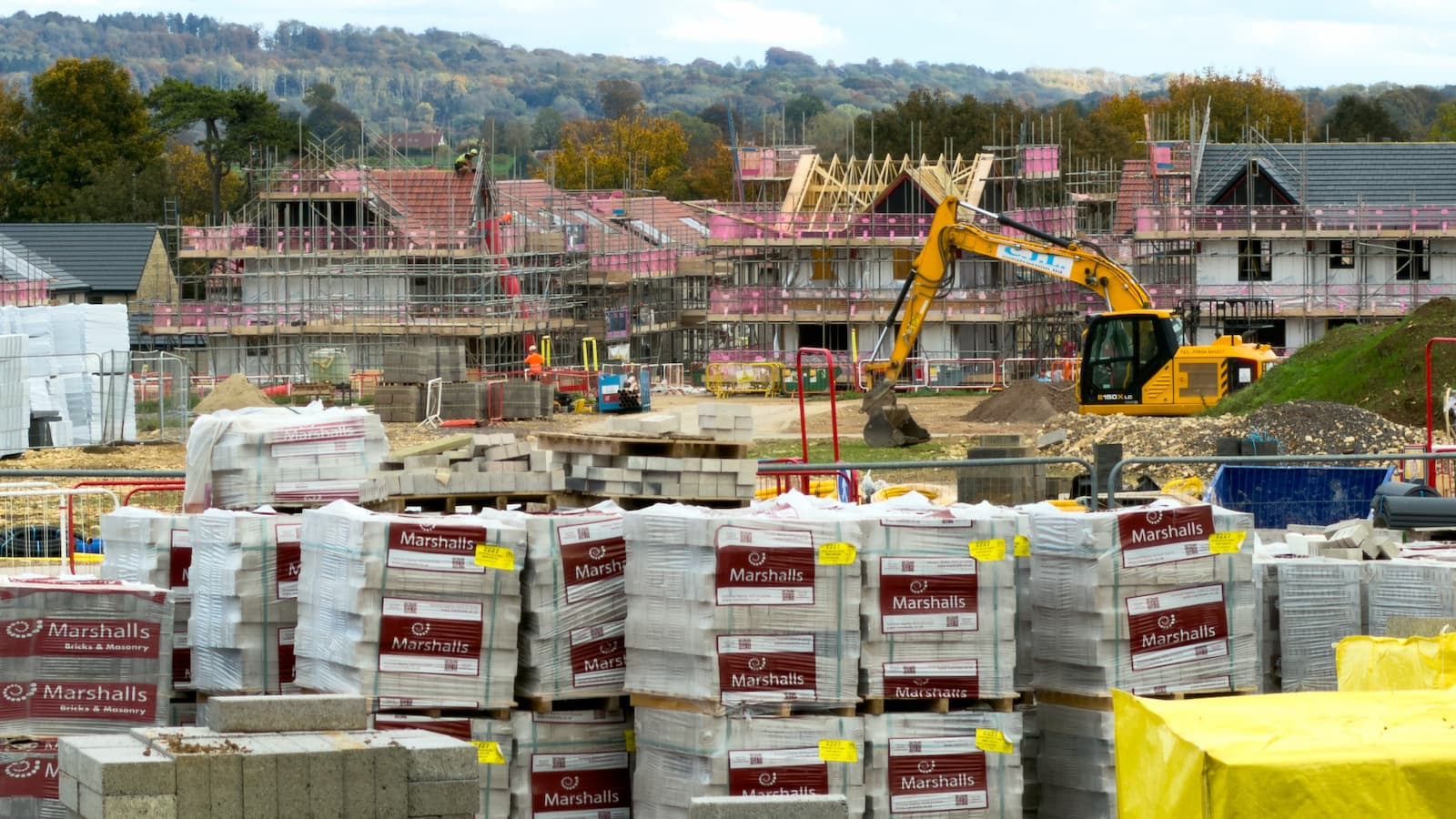Government defends 1.5 million homes target, despite OBR warnings
The Government insists its 1.5 million homes goal is achievable despite OBR forecasts predicting a 200,000 shortfall

The government has insisted its pledge to build 1.5 million new homes by 2029 is still achievable, despite warnings from the UK’s budget watchdog that it may fall short.
The Office for Budget Responsibility (OBR) predicts only 1.3 million homes will be built under existing reforms unless unforseen changes are made.
However, the government have said they will "leave no stone unturned to build the 1.5 million homes this country desperately needs" and will explore fresh planning permission laws, new investment and local partnerships to help close the gap.
Government insists housing goal is still within reach
The government has restated its promise to build 1.5 million new homes by 2029, calling the target “stretching but achievable” amid growing doubts from economists and developers.
Officials argue that new planning reforms will boost construction to its highest level in 40 years and add £6.8 billion to the UK economy. They say the OBR’s current forecast doesn’t yet include measures such as the Planning and Infrastructure Bill, the National Housing Bank, and the £39 billion Affordable Homes Programme and New Homes Accelerator scheme.
Housing Secretary Steve Reed has also met major developers to map the next stage of planning reform and agreed an emergency deal with the Mayor of London to speed up affordable housing in the capital.
“We’ll leave no stone unturned to build the 1.5 million homes this country desperately needs,” an MHCLG spokesperson said.
Bring your dream home to life with expert advice, how to guides and design inspiration. Sign up for our newsletter and get two free tickets to a Homebuilding & Renovating Show near you.
Forecasts fall short of the 1.5m goal
The OBR’s March 2025 forecast estimates that existing housing policies will increase supply by around 170,000 homes over five years, reaching just under 1.3 million new homes by 2029–30.
In its analysis, the OBR notes that “there are significant uncertainties around these estimates,” warning that factors such as local opposition to reforms, capacity constraints and delivery delays could prevent housebuilding from rising as quickly as planned.
The watchdog also makes clear that its projection “only reflects existing reforms” and does not account for additional measures the government intends to introduce later in the Parliament.
Even its most optimistic scenario falls short of the 1.5 million target - meaning ministers will need to deliver faster progress than any government in decades.
Industry experts doubtful over Government's claim

Industry experts remain sceptical. Economist Professor Paul Cheshire told BBC Panorama there is “absolutely no way” the government can meet its pledge within five years, citing rising costs, planning bottlenecks and a shortage of skilled workers.
Labour’s first year in office saw around 186,600 homes built, well below the 300,000-a-year pace needed to stay on track. Builders told Panorama that red tape and costs continue to stall development, while planning approvals hit their lowest level in more than a decade.
Despite the doubts, Steve Reed says he remains “absolutely confident” the government will deliver in helping the country to "build, baby build" - and has even said his “job should be on the line” if it doesn’t happen.

News Editor Joseph has previously written for Today’s Media and Chambers & Partners, focusing on news for conveyancers and industry professionals. Joseph has just started his own self build project, building his own home on his family’s farm with planning permission for a timber frame, three-bedroom house in a one-acre field. The foundation work has already begun and he hopes to have the home built in the next year. Prior to this he renovated his family's home as well as doing several DIY projects, including installing a shower, building sheds, and livestock fences and shelters for the farm’s animals. Outside of homebuilding, Joseph loves rugby and has written for Rugby World, the world’s largest rugby magazine.
